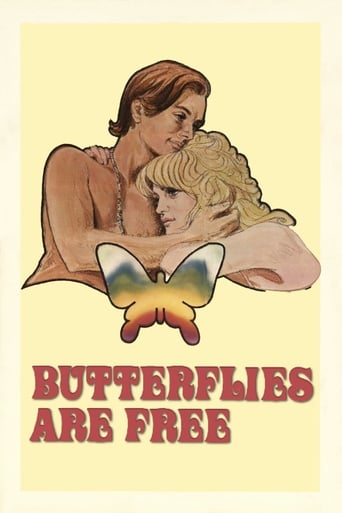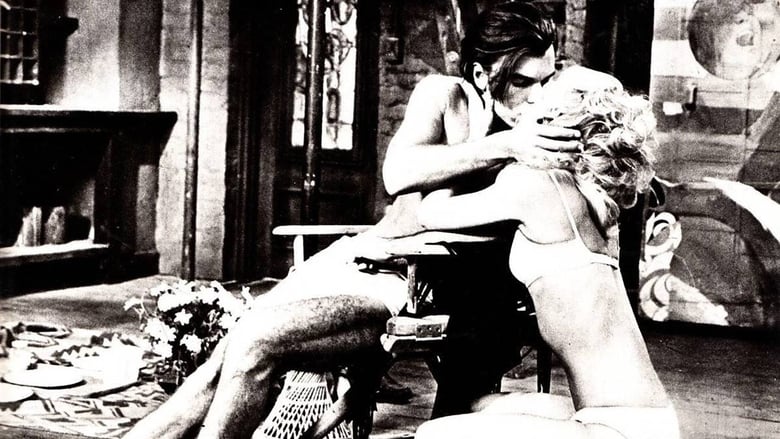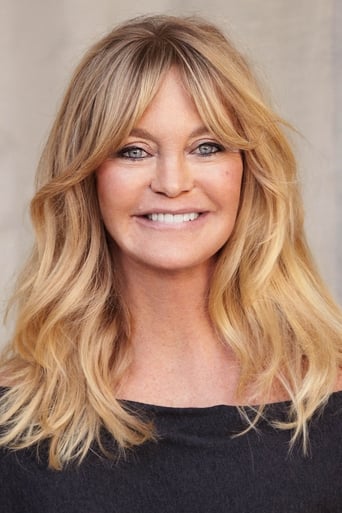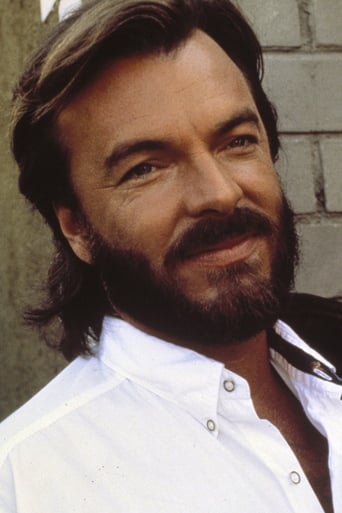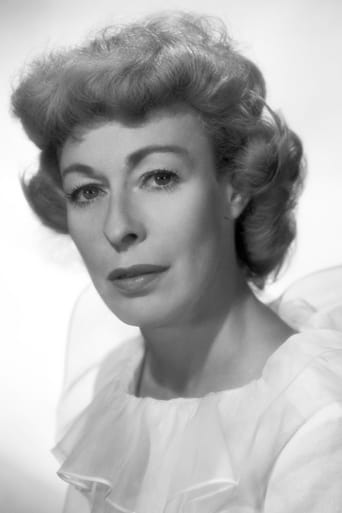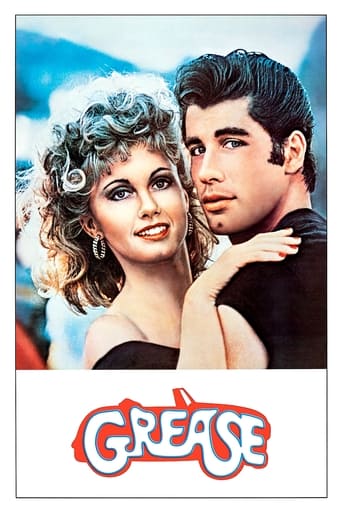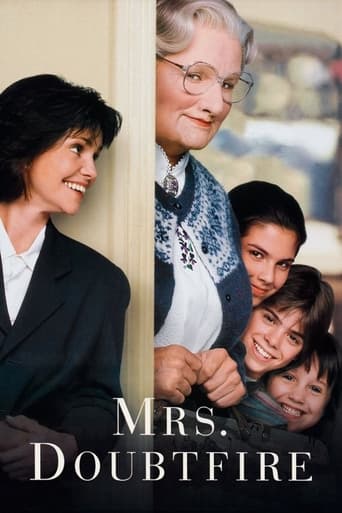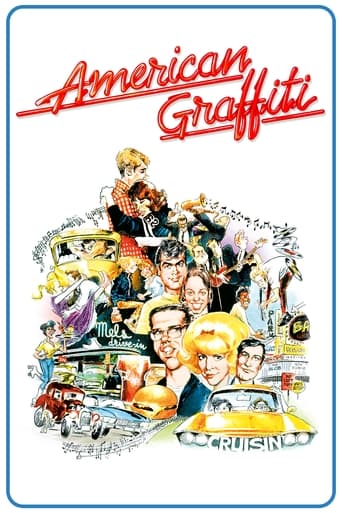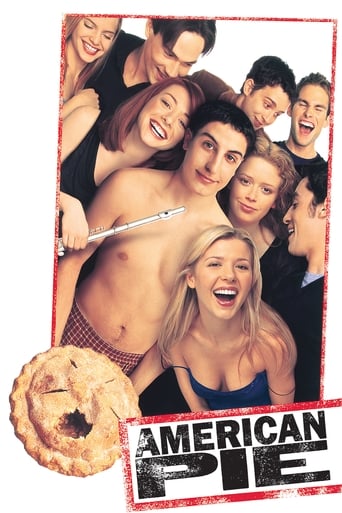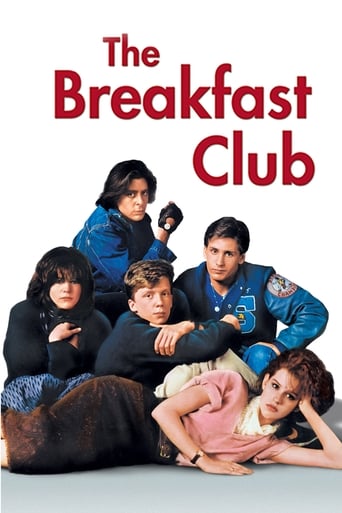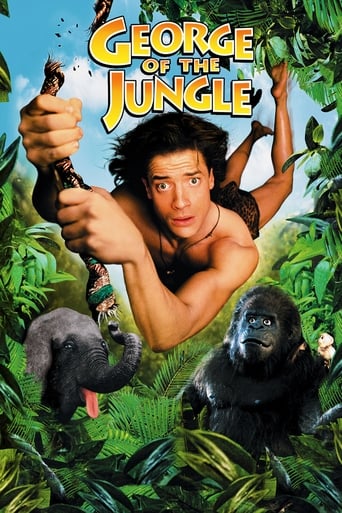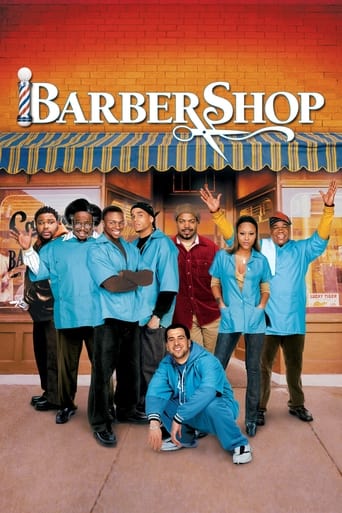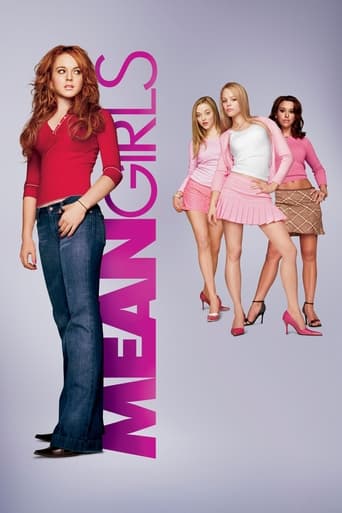Butterflies Are Free (1972)
Striving to be independent, the blind but determined Don Baker moves away from his overprotective mother. After settling into his new San Francisco digs, Don meets kooky neighbor Jill Tanner. Don's quick wit and good looks disarm the free-spirited Jill, and before long they're more than just friends. Will Mrs. Baker's incessant meddling destroy Don and Jill's budding relationship?
Watch Trailer
Free Trial Channels
Cast


Similar titles
Reviews
Tied for the best movie I have ever seen
Thanks for the memories!
recommended
Excellent characters with emotional depth. My wife, daughter and granddaughter all enjoyed it...and me, too! Very good movie! You won't be disappointed.
After listening to a witty radio interview featuring Harold Krentz—a blind man mistakenly classified as "1-A" by his local draft board—screenwriter Leonard Gershe (the 1958 Oscar winner for 'Funny Face') was inspired to write 'Butterflies Are Free', a play about a young blind man who moves from Scarsdale to Greenwich Village to get away from his overprotective mother and establish his independence. Opening at the Booth Theatre on W. 45th Street on Oct. 21, 1969, 'Butterflies' starred Keir Dullea ('2001, A Space Odyssey') as Don Baker, the blind protagonist; Eileen Heckart as Baker's mother; Blythe Danner as Jill Tanner, Baker's next-door neighbor and love interest; and Paul Michael Glaser as Ralph Austin, a friend of Jill's. A surprise hit, the play ran for nearly three years (1,128 performances) and earned Danner a 1970 Tony Award for Best Featured Actress in a Play. In March 1970 producer Mike Frankovich ('Bob & Carol & Ted & Alice') paid Gershe $300,000 and a percentage of the film's future earnings for the screen rights to his play. Frankovich also hired Gershe to adapt his play to the screen and the play's director, Milton Katselas, to direct the film. Of the original cast, Eileen Heckart and Paul Michael Glaser were tapped to reprise their Broadway roles but television's favorite blonde hippie chick, Goldie Hawn ("Rowan & Martin's Laugh-In"), replaced the then relatively unknown Blythe Danner and 20-year-old Eddie Albert, Jr. supplanted 35-year-old Keir Dullea in an obvious bid to lend the film greater youth appeal. Likewise, the setting was switched from New York City to San Francisco's Haight-Ashbury district, to marinade the story in hippie counterculture ambiance. Viewed now, decades after its initial release, 'Butterflies Are Free' can be regarded as a time capsule of a short-lived Aquarian Age, or more cynically, as a transparently slick exercise in sentimentality dressed up in hippie garb. Eileen Heckart's turn as Mrs. Baker earned her the 1973 Oscar for Best Actress in a Supporting Role. A final irony: although the title sounds like the quintessence of hippie philosophy, it was actually derived from Charles Dickens' 1853 novel, 'Bleak House'! VHS (1996) and DVD (2002).
The romantic comedy Butterflies Are Free is directed by Milton Katselas and stars Goldie Hawn, Edward Albert, and Eileen Heckart. The film takes place in modern day San Francisco, almost completely in one apartment.The film starts out with Jill Tanner (Hawn) in her apartment and seeing a young man, Don Baker (Albert), staring at her. She flashes him to show her annoyance at his stare and then walks away. A few moments later he hears Don on the phone with his mother (Heckart) and finds out that Don has a month left to stay in the apartment alone to see if it is a good fit for him. Jill puts the radio on loudly so that she is unable to hear the rest of his conversation. Don asks her to turn down the radio and then she invites herself over to his apartment for coffee. There she discovers that Don is actually blind and begins to be so interested in him she becomes attracted to him. The rest of the film is about the relationship between the two and how the mother tries to split them apart.The screenplay for this film I thought was really excellent. It takes place almost entirely in Don's apartment yet it remains constantly interesting. All the characters were very likable and the dialogue was some of the best I have ever heard in a romantic comedy. It is rare that I laugh during a film but the wit from this one made me multiple times. The character of the mother was extremely strong and believable as was the rest of the characters. I liked the ending a lot and all the twists and turns, just a very well made screenplay.The direction was very good for this film. Katselas was able to get fine performances from his entire cast and kept the film interesting. It is hard to make a film that is in an apartment this entertaining. I really think he was able to get some great shots of Albert acting blind, for most of it I though he actually was. Unfortunately Katselas never became a big name director, but I will always remember him for this film.The acting by the whole cast was superb. Goldie Hawn was just adorable as Jill and I can see why any person could fall in love with her. I never understood why Goldie Hawn was such a big superstar but this film showed me why. Edward Albert was excellent as Don, as I said earlier I actually thought he was blind. He was able to deliver his witty dialogue brilliantly as well. Eileen Heckart earned an Oscar and it was well deserved because I was extremely attached to her as the mother, especially towards the end. She conveyed the worry every mother feels for her child and she did so brilliantly.Overall I give this film an 8/10 and I would recommend it to anybody who likes a smart romantic comedy with fine performances.
I agree with some of the other comments, it's obvious this was written as a stage play, because the film plays the same way. If you're able to get past the dated aspect of the accoutrements (it's replete with late 60s early 70s time-stamping), which you should be able to do considering how good the dialogue is, it's really a terrific piece of work. All roles are extremely well-written and well acted. Very real, in the truest sense.The dialogue is extremely witty, yet equally natural, and scarcely any filler is present. The premise itself is weighty and important. A blind man fighting for independence from his overprotective mother, whom we later learn did everything she did, including the children's stories she wrote, out of maternal love and desire to help him.The character Jill helps the mother to see that she has "overdone her job" and it's now time to let her work (her son) takes on a life of its own. She realizes this to such a degree that when Jill walks out on her son, and in an emotional moment of turmoil he relents his desire for freedom and concedes to go home with his mother, she doesn't let him. She finally really gets it.This work abounds with powerful human moments. It never feels forced, preachy, or artificial. Just powerful. It's a story wherein the three principal characters all grow and learn. What else is there in life?
BUTTERFLIES ARE FREE is the delightful 1972 film adaptation of the Leonard Gershe play about a young man who has been blind from birth (Edward Albert)who moves into his own apartment and almost instantly falls in love with his kooky next door neighbor (Goldie Hawn), a flighty free spirit who has trouble with anything resembling commitment, which he turns a blind eye to but is picked up immediately by his clingy, over-protective mother (Eileen Heckart). This breezy comedy still holds up pretty well for a film that's over 30 years old, thanks to an enchanting performance from Hawn in one of her earliest roles and a flawless supporting turn from Eileen Heckart as the mother-from-hell, who swoops in to protect her baby boy from this evil woman. Heckart underplays her role so beautifully here, a perfect supporting performance that won her a richly deserved Oscar for Best Supporting Actress. I love when she first meets Jill, who is in her underwear, and Jill explains that she came over so her son could help her with her blouse to which Heckart replies, with the sweetest smile on her face, "Where is your blouse?" Edward Albert, son of GREEN ACRES' Eddie Albert, made an impressive screen debut here as Donny, the young man between these two women. Albert won a Golden Globe for Outstanding Newcomer for his work here but it is the work of Hawn and the divine Ms. Heckart that make this film worth watching.

